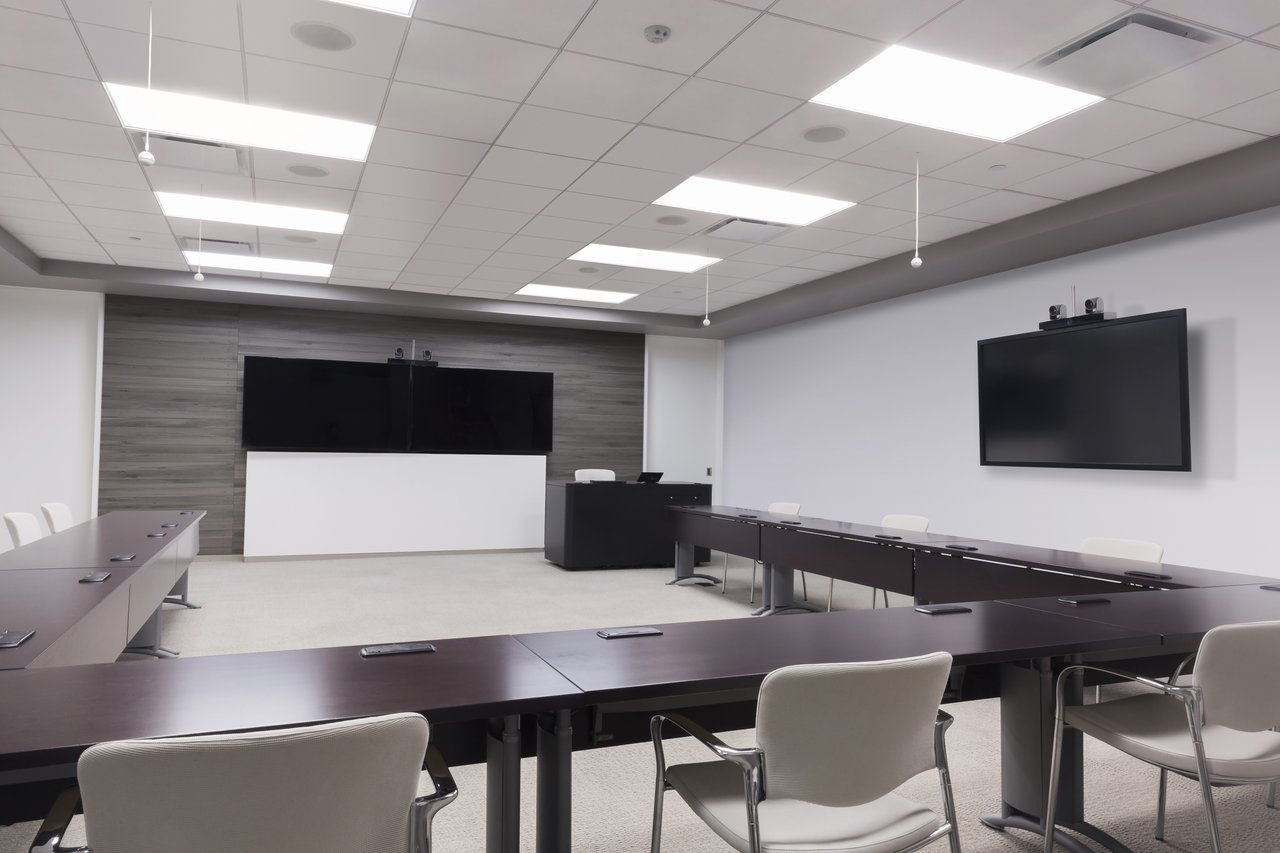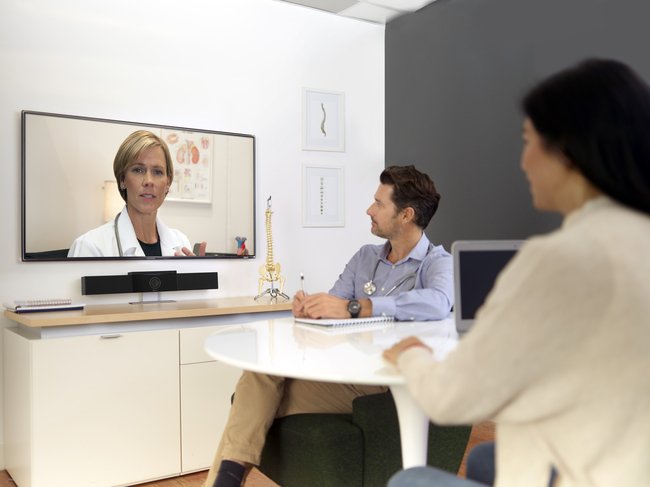Within the last 2 years the NHS has been put under an immense amount of pressure due to the pandemic. Its key workers, nurses and clinicians have quite rightly been lauded and applauded for their dedication to the people of Britain in the most testing of times. Internet Videocommunications is now in its fourth decade of partnering with the NHS, deploying conferencing and collaboration solutions that have significantly aided the day-to-day working of staff, saving money, improving efficiency and making a real difference to patients and medical practitioners alike.
Here we look at just a couple of real-world examples where Internet Videocommunications has been able to play its own part in assisting the NHS and its dedicated staff.


